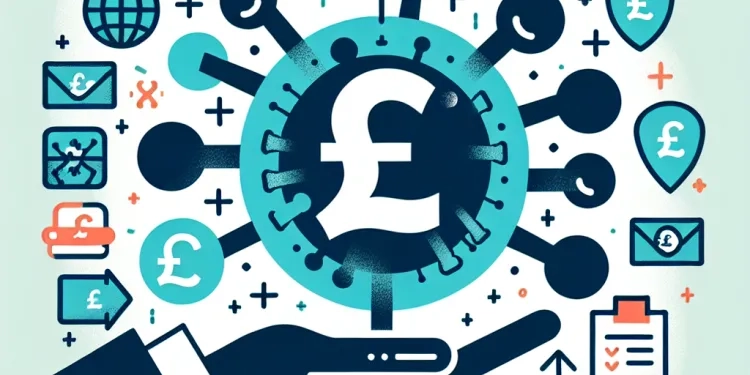
Find Help
More Items From Ergsy search
-
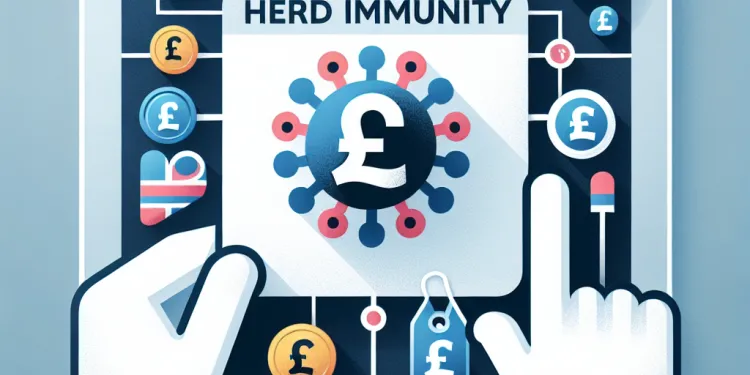
What is herd immunity?
Relevance: 100%
-
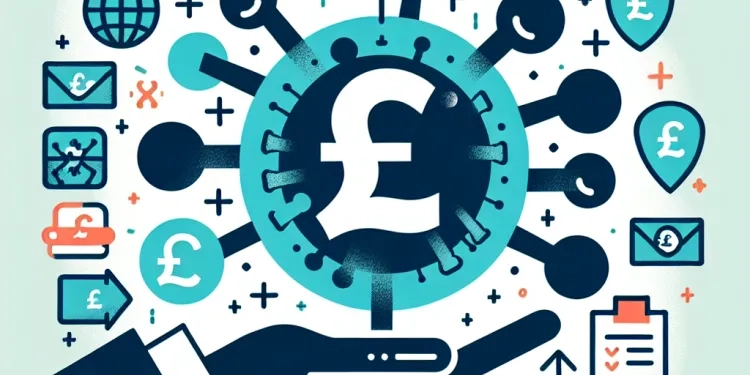
What is herd immunity?
Relevance: 100%
-
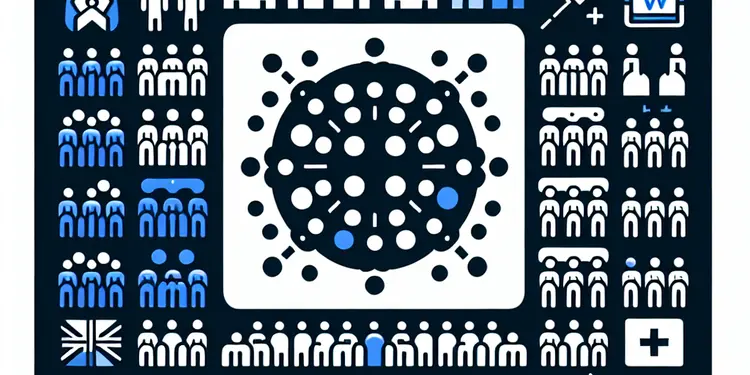
What is herd immunity and how does it relate to measles?
Relevance: 83%
-
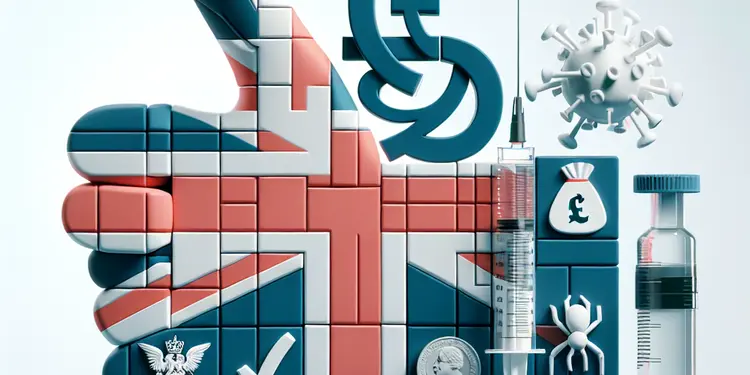
Are there vaccination recommendations for people with compromised immune systems?
Relevance: 41%
-
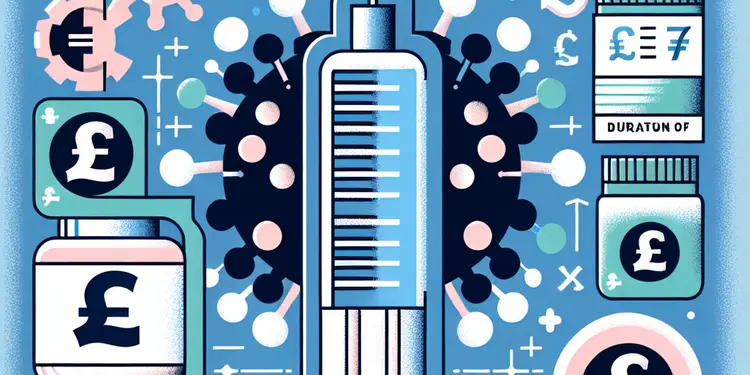
How long does immunity last after getting the COVID jab?
Relevance: 38%
-
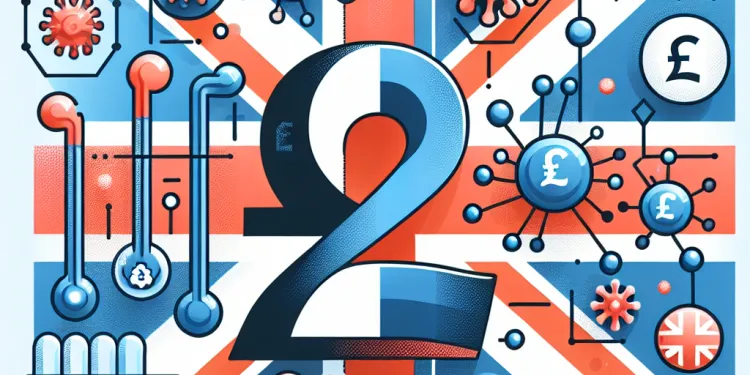
Is there a connection between cortisol and the immune system?
Relevance: 37%
-

Can using sunbeds boost my immune system?
Relevance: 34%
-
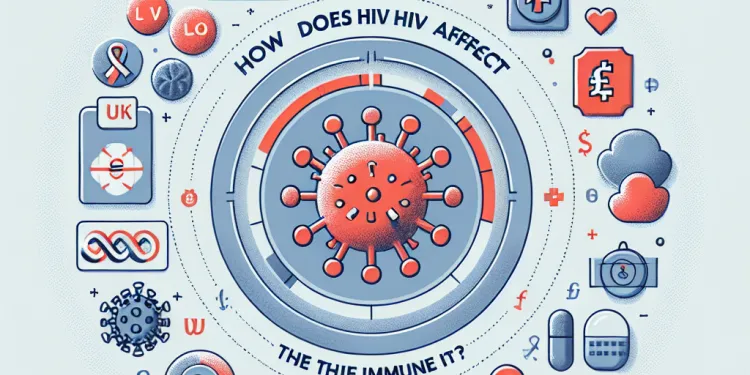
How does HIV affect the immune system?
Relevance: 34%
-
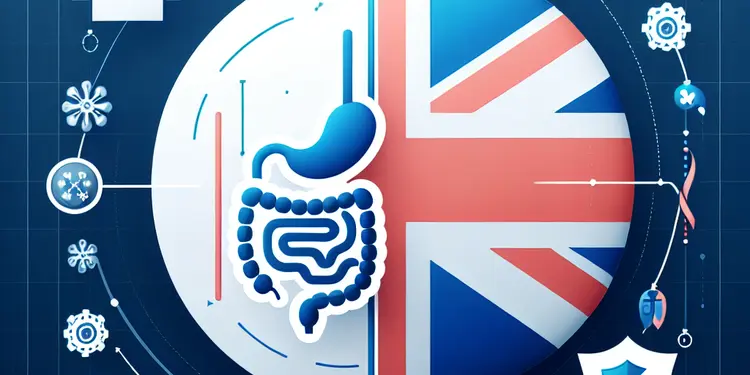
Can gut health influence the immune system in aging individuals?
Relevance: 33%
-

How does vaccination affect measles rates?
Relevance: 31%
-
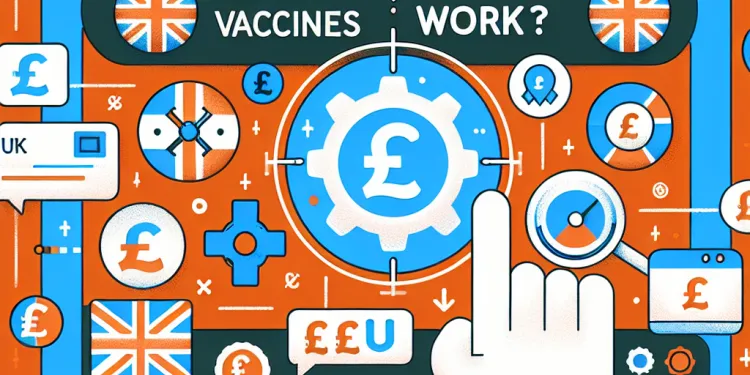
How do vaccines work?
Relevance: 29%
-
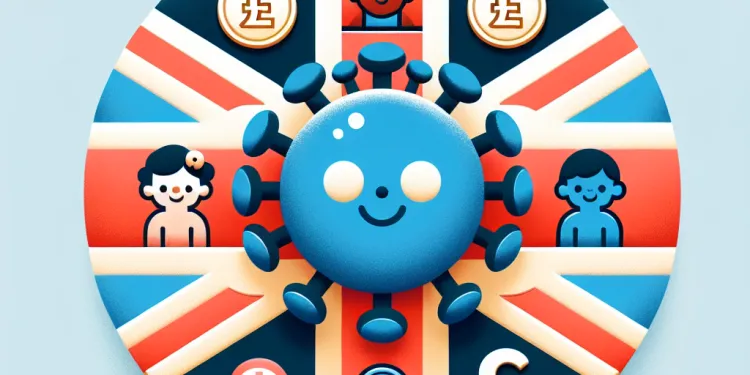
Can chickenpox be prevented?
Relevance: 29%
-

What is a vaccine?
Relevance: 28%
-
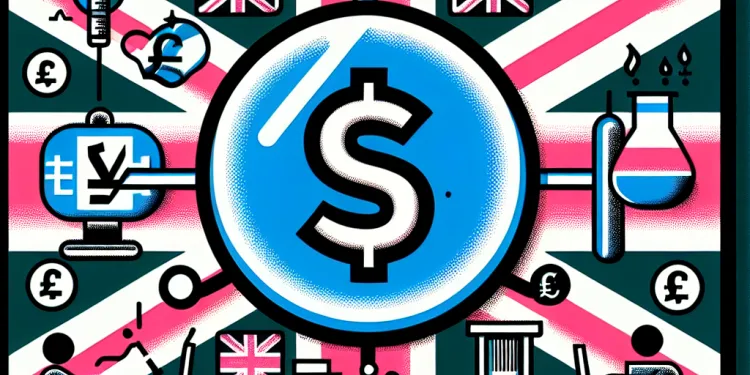
Why do vaccinated people sometimes still get sick?
Relevance: 28%
-
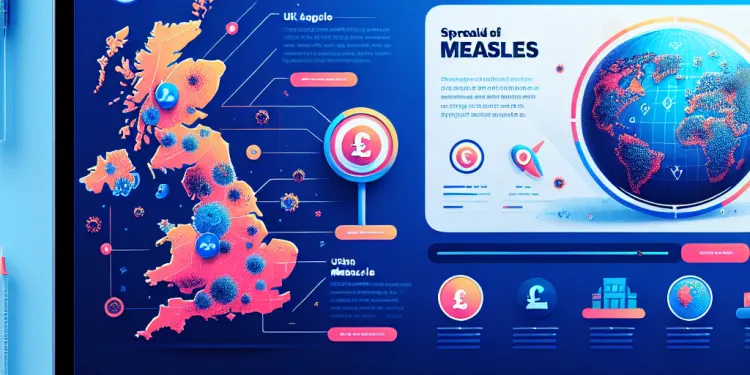
Are measles more common outside of the UK?
Relevance: 28%
-
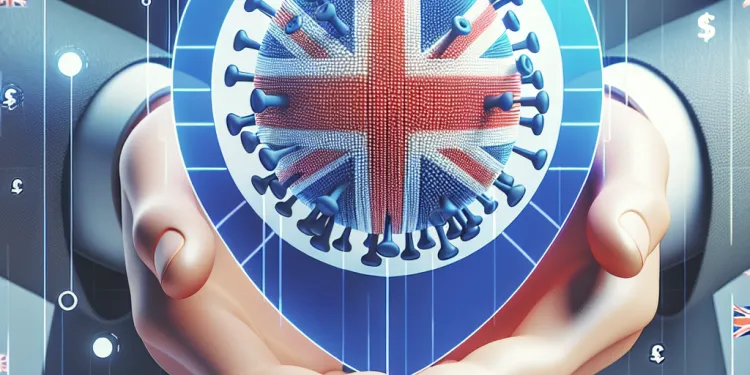
Can Rubella be prevented?
Relevance: 25%
-

What are vaccines and how do they work?
Relevance: 25%
-
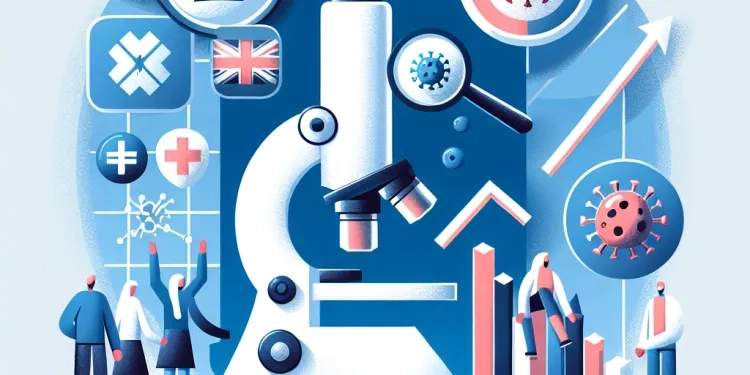
Why is measles less common in the UK?
Relevance: 25%
-
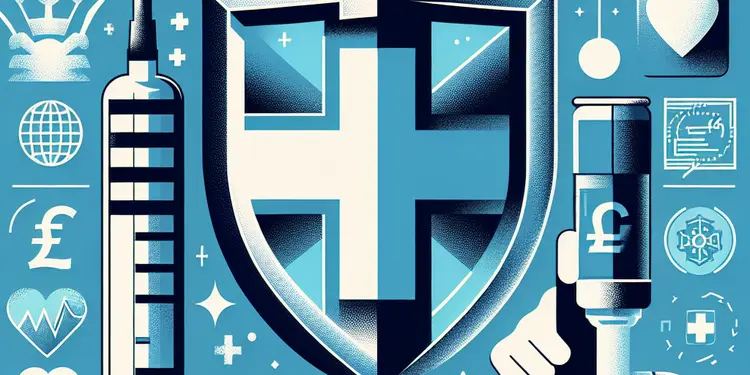
How effective is the MMR vaccine?
Relevance: 25%
-
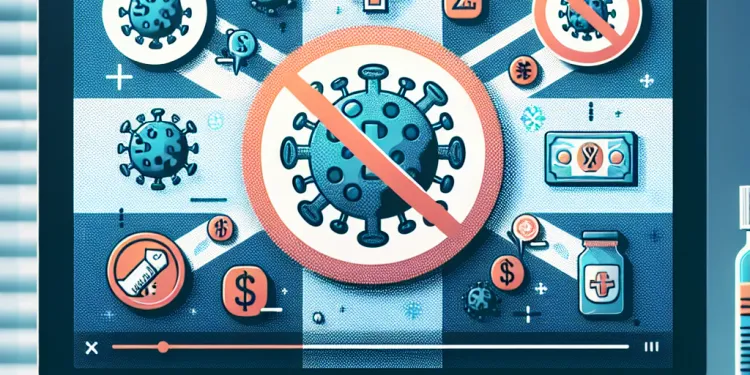
How can measles be prevented?
Relevance: 25%
-
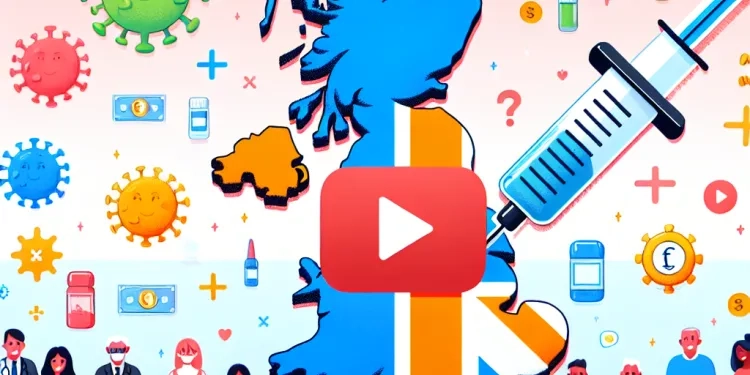
What is the current measles vaccination coverage in the UK?
Relevance: 24%
-

Can you become immune to Botox?
Relevance: 24%
-
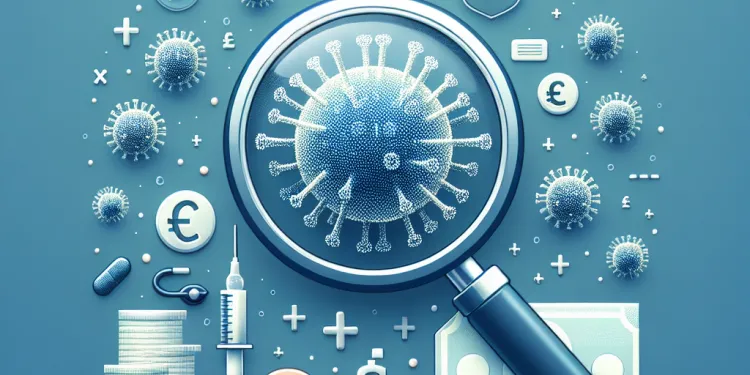
Why are measles outbreaks still occurring?
Relevance: 23%
-
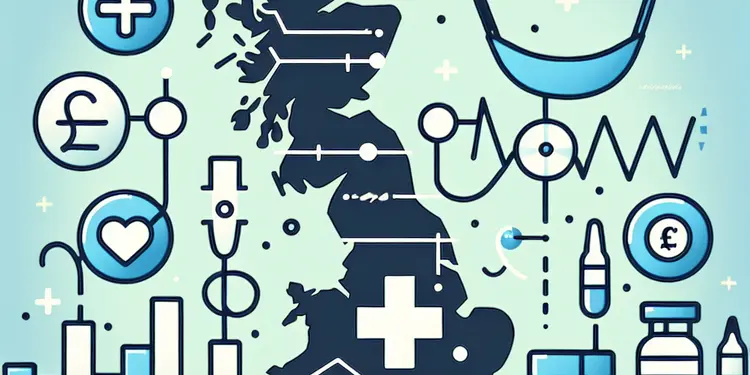
What is causing the rise in measles cases in the UK?
Relevance: 23%
-
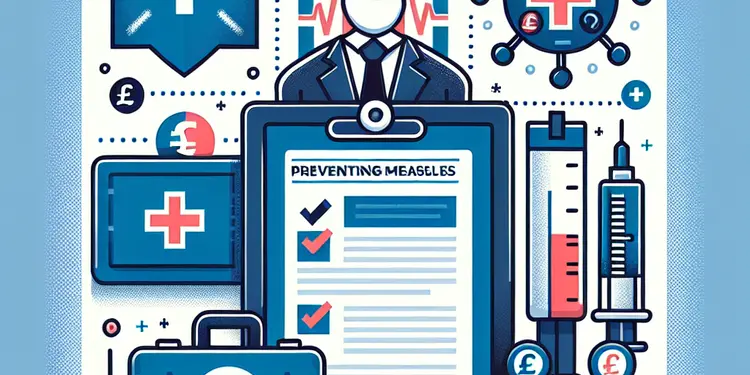
How can measles outbreaks be prevented?
Relevance: 23%
-

How important is it to get a flu vaccine in 2026?
Relevance: 22%
-
What are the benefits of getting a COVID jab?
Relevance: 22%
-
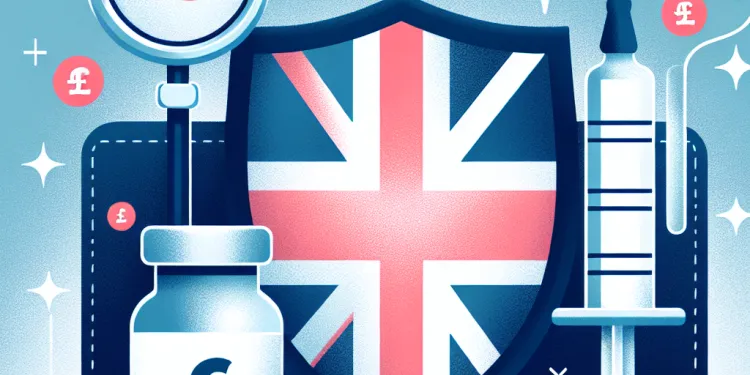
Why are vaccines important?
Relevance: 21%
-
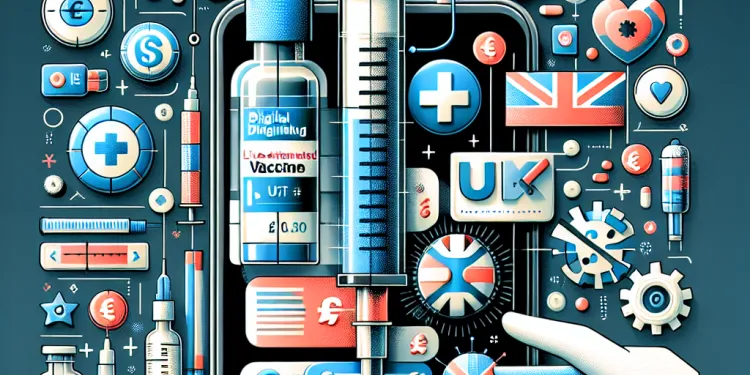
What is a live-attenuated vaccine?
Relevance: 21%
-
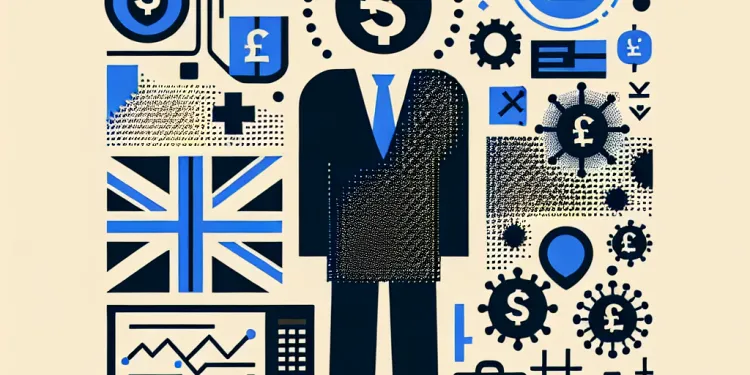
Can measles be serious?
Relevance: 21%
-
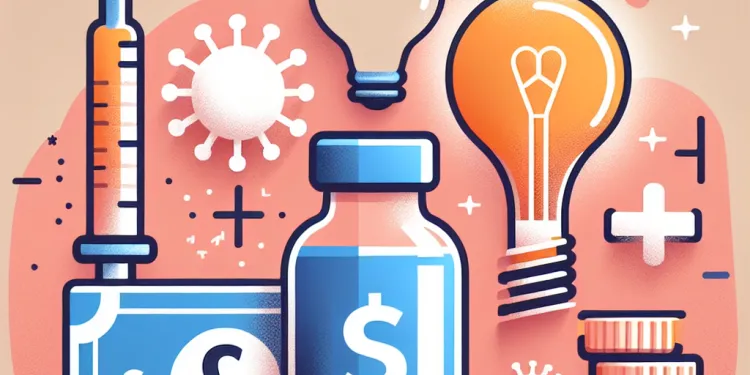
Are vaccines linked to autism?
Relevance: 20%
-
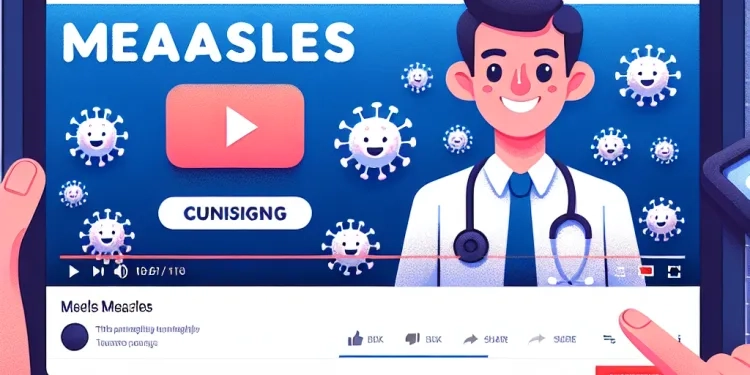
Measles
Relevance: 20%
-

How contagious is measles?
Relevance: 20%
-
How do COVID jabs work?
Relevance: 19%
-

Is the flu jab necessary for healthy individuals?
Relevance: 19%
-
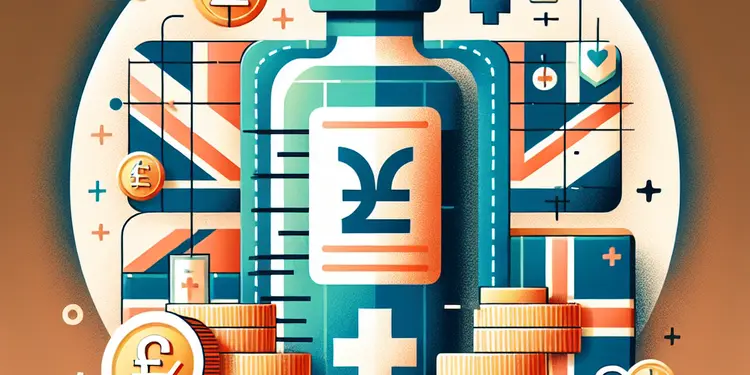
What is the MMR vaccine?
Relevance: 19%
-
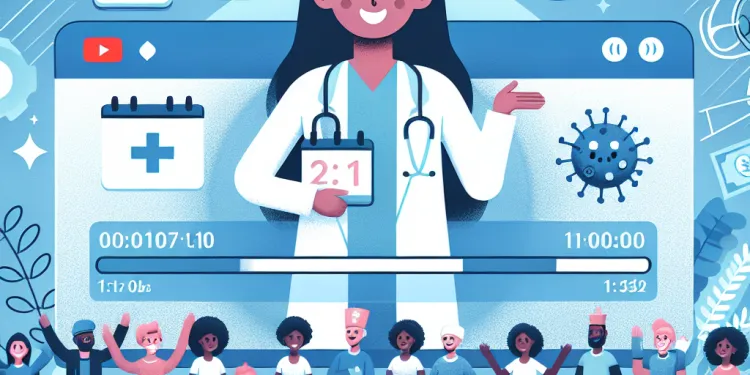
How long is a person with measles contagious?
Relevance: 18%
-
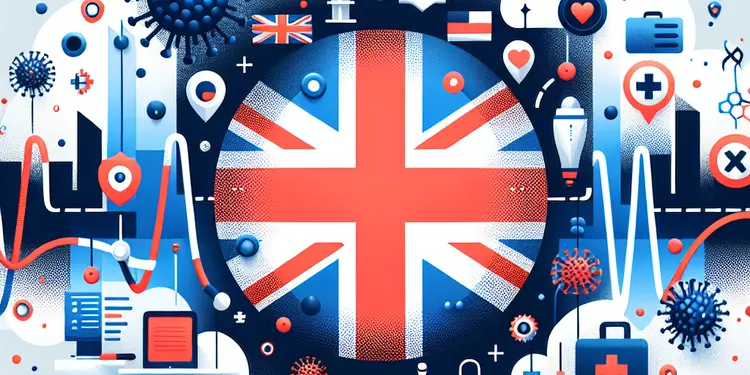
Why has the UK lost its measles elimination status?
Relevance: 18%
-

Are measles cases currently rising in the UK?
Relevance: 17%
-
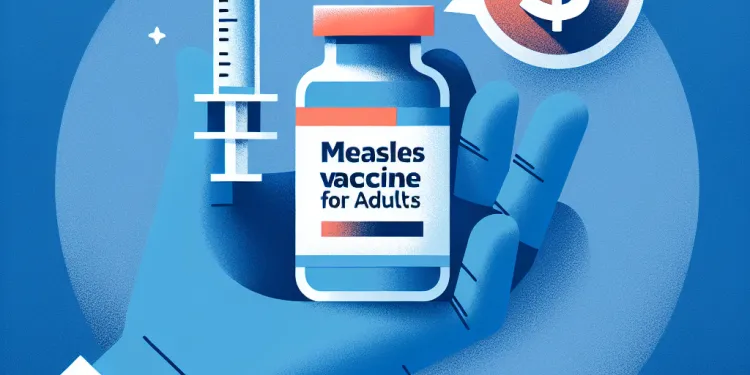
Can the measles vaccine be given to adults?
Relevance: 17%
Understanding Herd Immunity
Defining Herd Immunity
Herd immunity, sometimes called community immunity, is a form of indirect protection from infectious diseases that occurs when a significant portion of a population becomes immune to an infection. This immunity can be acquired through vaccination or previous infections, thereby reducing the likelihood of disease spread to those who are not immune. In essence, herd immunity acts as a protective barrier, making it harder for the disease to transmit from person to person.Mechanism of Herd Immunity
The concept relies on the principle that if a high percentage of the population is immune, the spread of the disease is curtailed. This is because the chances of an infected individual coming into contact with a susceptible person are significantly lowered. When a critical threshold of the population is immune, the disease may eventually be eradicated from the community. This threshold varies depending on the disease's contagiousness, which is often represented by the basic reproduction number, R0. For instance, highly contagious diseases like measles require about 95% of the population to be immune to achieve herd immunity.Importance in Public Health
Herd immunity is a crucial element in protecting vulnerable populations who cannot be vaccinated, such as infants, the elderly, or those with compromised immune systems. By achieving herd immunity, society not only protects these at-risk groups but also reduces the overall burden on healthcare systems. This collective protection is especially important in controlling outbreaks of infectious diseases and minimizing societal disruption.Implications and Challenges
Relying on herd immunity through natural infection can be problematic and ethically concerning due to the potential for high morbidity and mortality. Vaccination programs are the safest and most effective way to achieve herd immunity without causing widespread illness. However, vaccine coverage must be high enough to maintain this protection. Misinformation and vaccine hesitancy can pose significant challenges to achieving herd immunity, highlighting the importance of public health education and awareness campaigns to promote vaccination uptake.Understanding Herd Immunity
What is Herd Immunity?
Herd immunity means that when most people are safe from a disease, the disease can't spread easily. People become safe (or immune) because they've had a vaccine or they've been sick and got better. When there are lots of safe people, they protect the ones who are not safe.How Does Herd Immunity Work?
If many people are immune, it’s hard for the disease to spread. This is because people who have the disease are less likely to meet someone who can catch the disease. Sometimes, this can make the disease disappear from the area. How many people need to be immune depends on how easily the disease spreads. For example, for a disease like measles, nearly everyone, about 95%, needs to be immune to stop it spreading.Why is Herd Immunity Important?
Herd immunity helps protect people who can't get vaccines, like very young babies or people who are very sick. When we have herd immunity, it also helps doctors and nurses because there are fewer sick people to take care of. This keeps everyone safer and helps life go on as normal.Things to Consider
Trying to get herd immunity by letting people get sick isn't a good idea because lots of people could get very sick or die. Vaccines are the best way to make people safe and reach herd immunity. But, it's important that lots of people get their vaccines. Some people might hear wrong things and feel worried about vaccines. That’s why teaching everyone about vaccines is important so more people decide to get their shots. To make reading easier, you can: - Break information into small parts. - Use pictures or videos to help explain. - Read together with a friend or helper.Frequently Asked Questions
What is herd immunity?
Herd immunity, also known as community immunity, occurs when a large portion of a population becomes immune to a disease, thereby providing indirect protection to those who are not immune.
How is herd immunity achieved?
Herd immunity can be achieved through vaccination or by a sufficient number of people recovering from the disease and developing natural immunity.
Why is herd immunity important?
Herd immunity is important because it can help prevent the spread of infectious diseases, protecting those who are vulnerable or cannot be vaccinated.
Can herd immunity stop the COVID-19 pandemic?
Herd immunity can significantly reduce transmission, but eradicating a disease like COVID-19 requires high vaccination coverage and continued public health measures.
How is herd immunity related to vaccination?
Vaccination helps establish herd immunity by allowing a large portion of the population to become immune without experiencing the disease itself.
What percentage of the population needs to be immune to achieve herd immunity?
The percentage varies depending on the disease's contagiousness, but for highly contagious diseases, it may require over 90% immunity.
Can herd immunity protect against flu?
Yes, herd immunity can reduce the spread of flu viruses, especially when many people are vaccinated each year.
Is natural infection a safe way to achieve herd immunity?
Relying on natural infection to achieve herd immunity can lead to high rates of illness and death, so vaccination is the safer approach.
What is the role of herd immunity in child vaccinations?
Herd immunity protects unvaccinated children and helps control outbreaks of infectious diseases like measles and whooping cough.
Can herd immunity eliminate a disease entirely?
Herd immunity can drastically reduce transmission, but elimination requires complete vaccination and comprehensive public health measures.
Is herd immunity effective against all diseases?
Herd immunity is not achievable for all diseases, particularly those without vaccines or that have animal reservoirs.
How long does herd immunity last?
The duration of herd immunity depends on the disease, the vaccine longevity, and the pathogen's behaviour over time.
What challenges are there in achieving herd immunity?
Challenges include vaccine hesitancy, variations in immunity duration, and the emergence of new virus strains.
How does herd immunity protect immunocompromised individuals?
Herd immunity reduces disease prevalence, thus lowering the risk of exposure for those who cannot be vaccinated due to health conditions.
Will COVID-19 vaccines lead us to herd immunity?
Vaccines are a key tool in moving towards herd immunity, but new variants and vaccine hesitancy may affect progress.
What is herd immunity?
Herd immunity is when a lot of people are safe from a disease. This happens when many people get a vaccine. It helps stop the disease from spreading.
Helpful tools: You can use pictures or videos to understand more about herd immunity. Ask a helper if you need more information.
Herd immunity means keeping people safe by making sure most people can't get sick from a disease. This helps protect everyone, even those who can't be protected on their own.
How do we get herd immunity?
Herd immunity is when lots of people are protected from a disease. This can happen in two ways: when people get a vaccine, or when people get better after being sick and their bodies learn how to fight the disease.
Why is herd immunity important?
Herd immunity helps keep people safe.
When most people get a vaccine, germs can't spread easily.
This means fewer people get sick.
Vaccines protect everyone, even those who can't get shots.
If more people are immune (protected), it stops outbreaks.
Using tools like pictures or videos can help understand better.
Herd immunity is important. It helps stop the spread of diseases. This protects people who are at risk or cannot get vaccinated.
Can herd immunity stop the COVID-19 pandemic?
"Herd immunity" means that lots of people get protected from a virus. This can be with a vaccine or because they've had the virus and got better.
When enough people are safe from the virus, it can slow down the spread. This helps protect people who can't have a vaccine.
But we still need to be careful. Washing hands, wearing masks, and keeping space from others can help too.
Helpful Tips:
- Look for pictures and videos to explain how herd immunity works.
- Ask an adult if you have questions.
- Use easy-to-read books about health and germs.
When most people get a vaccine, it makes it harder for the disease to spread. This is called herd immunity. But to completely get rid of a disease like COVID-19, almost everyone needs to get vaccinated. We also need to keep doing things that keep us healthy, like washing hands and wearing masks.
How do vaccines help protect everyone?
When many people get a vaccine, it helps protect everyone. This is called herd immunity. It means germs can't spread easily.
If most people are vaccinated, even those who can't get the vaccine are safer. When enough people are immune, the virus can't move from person to person.
Using pictures or videos can help understand how this works.
Vaccination helps keep lots of people safe. When many people get a vaccine, they won't get sick from the disease. This is called herd immunity. It helps protect everyone, even those who can't get the vaccine.
How many people need to be immune to keep everyone safe from a disease?
To keep a lot of people from getting sick, a certain number of them need to be immune or protected from a disease. This helps to stop the disease from spreading easily.
Being immune means your body can fight off the disease.
Tools to help understand:
-Picture books can show how diseases spread.
-Videos for kids can explain big ideas with simple words.
Remember: If lots of people are immune, then fewer people get sick!
The percentage is different for each sickness. For diseases that spread very easily, more than 9 out of 10 people need to be protected.
Can herd immunity stop the flu?
Herd immunity is when lots of people are safe from a sickness. This can help protect everyone.
For flu, if many people get a flu shot, fewer people will get sick. This can help stop the flu from spreading.
Support tools like apps or videos can help explain more about flu shots and staying healthy.
Yes, herd immunity can help stop the spread of flu. This happens when many people get the flu shot each year.
Is Getting Sick a Safe Way for Everyone to Be Protected?
Getting sick naturally to stop the spread of a disease can make many people very ill or even die. Getting a vaccine is a safer way to protect everyone.
How does herd immunity help with kids' vaccines?
Herd immunity is when enough people are protected from a disease, so it can't spread easily. This helps keep everyone safer, even those who can't get vaccines, like some small children.
Vaccinating children helps build herd immunity. This means fewer people get sick, and we can protect everyone better.
Herd immunity keeps unvaccinated kids safe and helps stop the spread of diseases like measles and whooping cough.
Can Herd Immunity Make a Disease Go Away Forever?
Herd immunity is when many people in a group are safe from a disease. This can help stop the disease from spreading.
But, sometimes, herd immunity cannot make a disease go away completely. Vaccines can help people be safe. It's good for lots of people to get vaccines.
To understand better, you can ask a doctor or a nurse. They can help explain it to you.
There are videos and pictures online that can help. These can make it easier to see how herd immunity works.
Herd immunity can really help stop the spread of diseases, but to get rid of them completely, everyone needs to get vaccinated and there must be strong health rules in place.
Does herd immunity work for all illnesses?
Herd immunity means most people in a group are safe from an illness, so it does not spread.
Herd immunity does not help with every illness. It works well for some diseases but not for others.
Getting vaccines can help make herd immunity stronger. Vaccines are medicine that help keep you safe from getting sick.
You can ask a doctor or nurse to learn more about how to stay healthy.
Using pictures and videos can also help you understand more about herd immunity.
Herd immunity is when lots of people in a group are safe from a disease. This makes it hard for the disease to spread.
We can't get herd immunity for every disease. Some diseases don't have vaccines. Some diseases come from animals.
How long does herd immunity last?
Herd immunity is when many people are safe from a disease. This helps stop the spread. How long it lasts can change. It depends on the disease and the vaccines. Some immunity might last a long time. Some might need more shots to stay safe.
If you find reading hard, you can:
- Ask someone to read with you.
- Use a text-to-speech tool to listen to the words.
- Look up words you don't know in a children's dictionary.
How long herd immunity lasts can change. It depends on:
- The illness.
- How long the vaccine works.
- How the germ changes over time.
For extra help understanding, you can:
- Read with a friend or family member.
- Use a dictionary for hard words.
- Ask questions if you need more information.
What makes it hard to get herd immunity?
Herd immunity means most people in a group are protected from getting sick. But sometimes, it's hard to make this happen. Here are some reasons why:
- Not everyone gets vaccinated: Some people might not get the vaccine, so they can still get sick.
- Viruses change: Sometimes, viruses change and can still make people sick even if they had the vaccine before.
- Forgetfulness: People might forget to get their shot or booster to stay protected.
- Cost and access: Some people can't get the vaccine because it's too expensive or far away.
It's important to talk to a doctor or nurse if you have questions. They can help you understand what to do.
Helpful Tools: Reading with a friend or using pictures can make it easier to understand new things.
Some problems are:
- Some people are worried about getting vaccines.
- We do not know how long vaccines work for.
- New kinds of the virus keep appearing.
Helpful tip: Use pictures or audio to learn more easily!
How does herd immunity help people who are very sick?
Herd immunity is when most people in a group are safe from illness because they have had a vaccine or have been sick before.
When most people are safe, germs cannot easily spread, keeping everyone safer.
This helps people who are very sick because they might not be able to get vaccines.
They are protected because fewer germs are spreading around.
It's important to wash hands, wear masks, and stay home if you feel sick. These things also help keep everyone safe.
Herd immunity helps protect people from getting sick. It makes it safer for those who can't get vaccines because of their health.
Can COVID-19 vaccines help everyone become safe from the virus?
Vaccines help protect lots of people from getting sick. But, new versions of the sickness and some people not wanting vaccines can make it harder to protect everyone.
Useful Links
This website offers general information and is not a substitute for professional advice.
Always seek guidance from qualified professionals.
If you have any medical concerns or need urgent help, contact a healthcare professional or emergency services immediately.
Some of this content was generated with AI assistance. We’ve done our best to keep it accurate, helpful, and human-friendly.
- Ergsy carfully checks the information in the videos we provide here.
- Videos shown by Youtube after a video has completed, have NOT been reviewed by ERGSY.
- To view, click the arrow in centre of video.
- Most of the videos you find here will have subtitles and/or closed captions available.
- You may need to turn these on, and choose your preferred language.
- Go to the video you'd like to watch.
- If closed captions (CC) are available, settings will be visible on the bottom right of the video player.
- To turn on Captions, click settings .
- To turn off Captions, click settings again.
More Items From Ergsy search
-

What is herd immunity?
Relevance: 100%
-

What is herd immunity?
Relevance: 100%
-

What is herd immunity and how does it relate to measles?
Relevance: 83%
-

Are there vaccination recommendations for people with compromised immune systems?
Relevance: 41%
-

How long does immunity last after getting the COVID jab?
Relevance: 38%
-

Is there a connection between cortisol and the immune system?
Relevance: 37%
-

Can using sunbeds boost my immune system?
Relevance: 34%
-

How does HIV affect the immune system?
Relevance: 34%
-

Can gut health influence the immune system in aging individuals?
Relevance: 33%
-

How does vaccination affect measles rates?
Relevance: 31%
-

How do vaccines work?
Relevance: 29%
-

Can chickenpox be prevented?
Relevance: 29%
-

What is a vaccine?
Relevance: 28%
-

Why do vaccinated people sometimes still get sick?
Relevance: 28%
-

Are measles more common outside of the UK?
Relevance: 28%
-

Can Rubella be prevented?
Relevance: 25%
-

What are vaccines and how do they work?
Relevance: 25%
-

Why is measles less common in the UK?
Relevance: 25%
-

How effective is the MMR vaccine?
Relevance: 25%
-

How can measles be prevented?
Relevance: 25%
-

What is the current measles vaccination coverage in the UK?
Relevance: 24%
-

Can you become immune to Botox?
Relevance: 24%
-

Why are measles outbreaks still occurring?
Relevance: 23%
-

What is causing the rise in measles cases in the UK?
Relevance: 23%
-

How can measles outbreaks be prevented?
Relevance: 23%
-

How important is it to get a flu vaccine in 2026?
Relevance: 22%
-
What are the benefits of getting a COVID jab?
Relevance: 22%
-

Why are vaccines important?
Relevance: 21%
-

What is a live-attenuated vaccine?
Relevance: 21%
-

Can measles be serious?
Relevance: 21%
-

Are vaccines linked to autism?
Relevance: 20%
-

Measles
Relevance: 20%
-

How contagious is measles?
Relevance: 20%
-
How do COVID jabs work?
Relevance: 19%
-

Is the flu jab necessary for healthy individuals?
Relevance: 19%
-

What is the MMR vaccine?
Relevance: 19%
-

How long is a person with measles contagious?
Relevance: 18%
-

Why has the UK lost its measles elimination status?
Relevance: 18%
-

Are measles cases currently rising in the UK?
Relevance: 17%
-

Can the measles vaccine be given to adults?
Relevance: 17%


